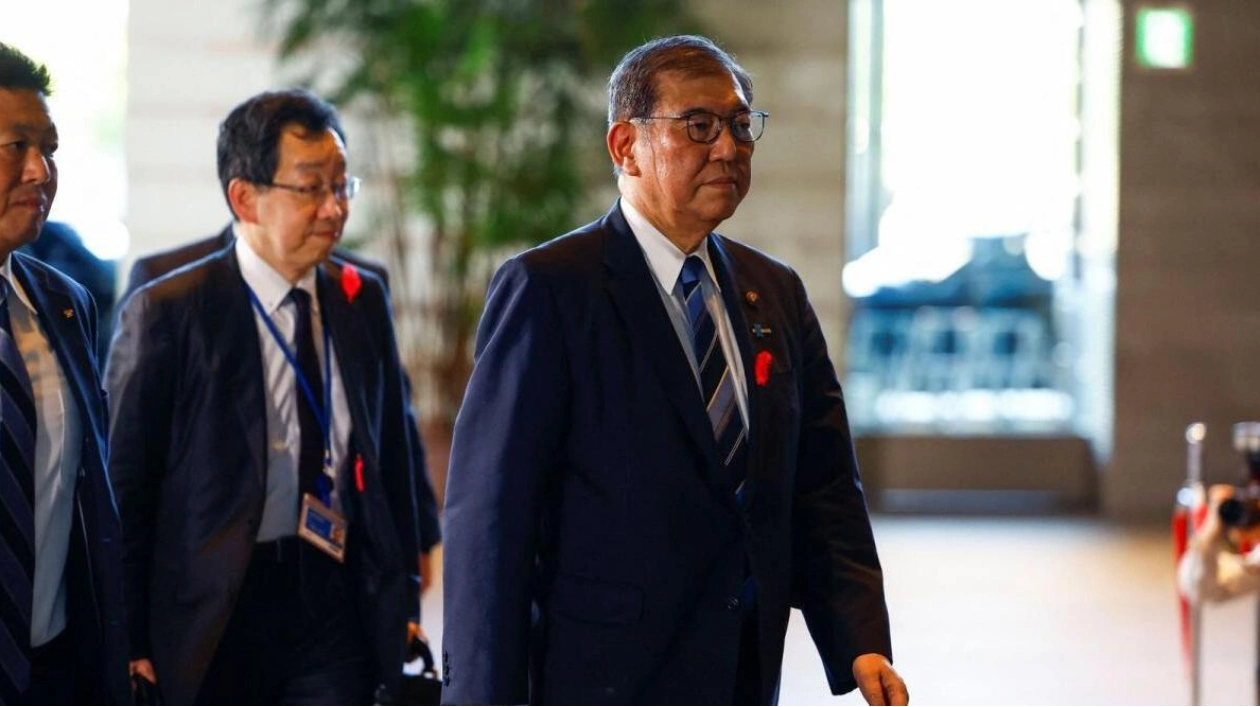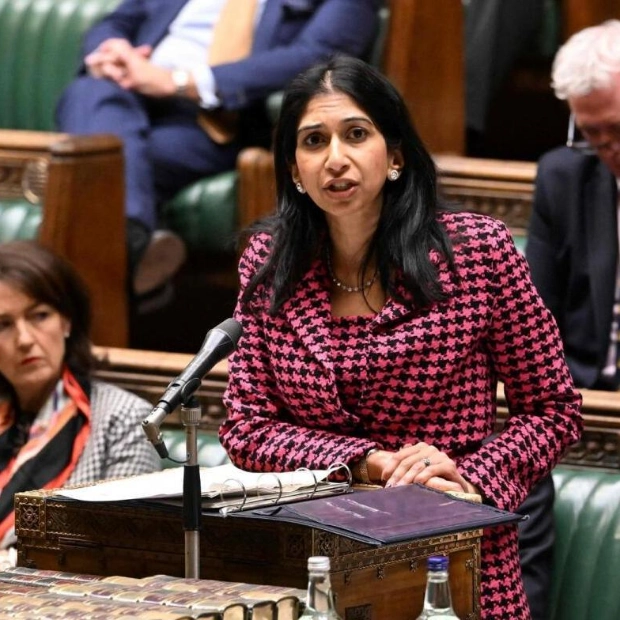Japan's newly appointed Prime Minister, Shigeru Ishiba, introduced his cabinet on Tuesday as he aims to mend party rifts and secure a national mandate through an October 27 snap election. The 67-year-old former defense minister, who emerged victorious in a closely contested race to lead the ruling Liberal Democratic Party (LDP) last week, was officially confirmed as prime minister by parliament earlier in the day. He is set to hold his inaugural press conference later in Tokyo.
The Ishiba administration's diplomatic stance towards Japan's closest ally, the United States, will be closely watched, especially since he has advocated for a more balanced relationship with Washington. Additionally, he has suggested establishing an Asian equivalent of the collective security group NATO to counter China, a proposal that could provoke Beijing and has already been deemed hasty by a senior US official. Ishiba must address growing public discontent over rising living costs and his scandal-ridden party, while navigating a volatile security landscape in East Asia, driven by an increasingly assertive China and nuclear-armed North Korea.
The seasoned lawmaker, often viewed as a party outsider after four failed leadership bids, has appointed a mix of rivals and allies to key cabinet positions. This includes two leadership rivals, Katsunobu Kato as finance minister and Yoshimasa Hayashi retaining his role as chief cabinet secretary, which includes the position of top government spokesperson. Kato's appointment to the finance ministry is particularly noteworthy given his previous roles in former premier Shinzo Abe's administration, which pursued expansionary fiscal and monetary policies.
The Nikkei stock index experienced a nearly five percent drop on Monday in response to a surging yen following Ishiba's victory over Sanae Takaichi, a monetary dove and fiscal expansionist, in Friday's leadership contest. However, the index regained some ground on Tuesday. Takeshi Iwaya, a close Ishiba ally and former defense chief, will assume the role of foreign minister, while Gen Nakatani returns to the defense ministry, a position he held in 2016. Yoji Muto, a former junior minister, will head the economy, trade, and industry ministry.
In his victory speech on Friday, Ishiba emphasized the need to bolster Japan's security in response to recent territorial incursions by Chinese and Russian military vessels. Notably, five lawmakers who contested the leadership race with him have not been included in his government or given key party roles. This includes Takaichi, whom he defeated by a narrow margin of 215 votes to 194 in the closest leadership election in nearly seven decades. Local media reported that she declined a senior party post, potentially complicating Ishiba's efforts to manage a fractious ruling group plagued by scandals, including unrecorded donations at fundraising parties.
Yoshihiko Noda, leader of the largest opposition party, the Constitutional Democratic Party of Japan, plans to attack the LDP over its scandals in the upcoming election. Despite these challenges, the LDP, which has dominated Japan's post-war politics, is expected to retain power in the upcoming election due to the weak opposition. A weekend poll by the Mainichi newspaper indicated that a third of respondents supported the LDP, compared to 15 percent for the main opposition party. Over half of the respondents, including those who supported opposition parties, expressed optimism about Ishiba's appointment.






